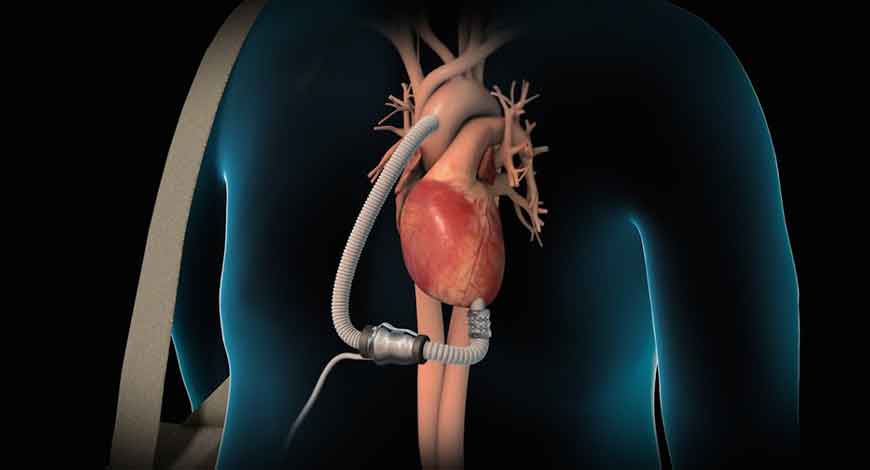Trends
Left ventricular assist device segment to reach USD 2.24B

The prevalence of heart failure continues to rise alarmingly due to the rapidly growing aging population while there is a limited availability of hearts for transplantation. As a result, the demand for reliable ventricular assist devices is set to grow giving way to the development of more advanced products. Against this backdrop, the left ventricular assist device (LVAD) segment is anticipated to grow from USD 1.14 billion in 2022 to USD 2.24 billion in 2033, forecasts GlobalData, a leading data and analytics company.
Reportedly, Israeli medical device developer Magenta Medical has recently launched a feasibility study into the use of its flagship device “Elevate”, a heart pump for high-risk percutaneous coronary intervention.
Aidan Robertson, Medical Analyst at GlobalData, comments: “The promising potential for Elevate stems from its reduced size which alleviates many of the barriers to growth in the LVAD segment such as cost, the risk of complications, and the difficulty of skill required by the healthcare practitioner to operate. With the minimally invasive nature of Elevate, these issues are addressed.”
This device can be applied much differently than traditional LVAD devices, which are generally large and require open heart surgery to be installed. Conversely, Elevate can be inserted through a small incision in the groin and later expanded in the left ventricle.
Abbott is the clear leader in the mechanical circulatory support market having a portfolio of traditional LVAD devices on the market such as the HeartMate 3 which was first launched in 2018. However, the benefits of using a minimally invasive method for treating advanced coronary heart disease may create tight competition in the LVAD segment of the mechanical circulatory support market.
Robertson concludes: “Magenta Medical is doing well to develop an alternative method to current mechanical circulatory support operations and should gain significant interest as less invasive options are often preferred to procedures such as open-heart surgery which can come along with its own risk of complications.
“There are clear advantages when it comes to Magenta Medical’s approach to LVAD products such as the small insertion profile, the lower chance of complications, the ease of use created due to its miniature size, and the lower costs associated with less invasive procedures. While traditional LVADs still dominate the current mechanical circulatory support landscape, in the future we could see these types of products become major players in the overall market.”
MB Bureau













